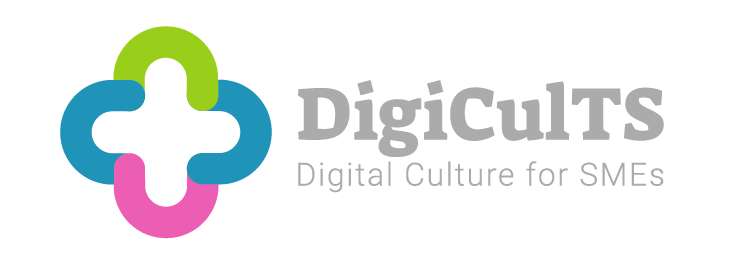Covid19: Choosing Digitization, Digitalisation or Digital Transformation?
Digitization, digitalization and digital transformation have been driving forces of innovation for small and medium-sized enterprises for the last two decades. In 2020, Covid19 forced many SMEs to shut down. Their business model did not fit this new situation, which is treatening the viability of SMEs worldwide.
SMEs play an important role for most countries: They account for 60% employment and 50%-60% in value added across OECD countries.
After the outbreak of the Covid-19 pandemic, many SMEs experienced strong declines in revenue. Many of them don’t have the reserves to survive under these conditions.
Therefore, policy makers responded by the establishment of different measures to save SMEs: Deferring payments, enhancing access to credit or providing grants and wage subsidies. Still, many SMEs are fighting to survive the crisis.
Which actions can small and medium-sized businesses take to ensure viability?
It needs sustainable actions to strenghten the resilience of a small or medium-sized business. This means adopting new technologies and work practices: Digitization, digitalisation and digital transformation are buzzwords, which are often used in this context.
It needs in-depth knowledge about digital concepts: “If business leaders think they can digitize a business or digitalize a process to digitally transform they are misunderstanding the terms and missing out opportunities to evolve, gain competitive advantage, respond to consumer and employee expectations and demands, and become agile businesses.” (Colleen Chapco-Wade, 2018)
To support SMEs not to miss out business opportunities and to stay competitive, the team of the ErasmusPlus project DigiCulTS, currently develops an online course and online resources to enable SMEs to find their individual approach to digitization, digitalization and digital transformation. The project team creates three core modules and more than 5 industry-specific modules. This is a sneak peek of the content and online activities, which we are currently developing for our course, which will be officially launched in April 2021.
The Difference between digitization, digitalizaton and digital transformation
Colleen Chapco-Wade (2018) and Bloomberg (2018) wrote brief articles about the differentiation between the three buzzwords. A quick summary:
- Digitization: Transitioning from analog to digital
- Digitalization: Making digitized information work for you
- Digital Transformation: Developing innovative, customer-centred business models that integrate all this digitized data and digitalized applications.
Stopping at the transition from analog to digital (e.g. from paper-based letters to eMails) is not an option for SMEs nowadays.
Digital transformation it is!
Digital maturity is critical to organizational success. It is not enough just to digitize single processes without understanding the broader perspective of digital technology and cultural change. Digital transformation is about about people, not so much about digital technology: What needs do people have? How do they respond to technology? What are their expectations? How do they communicate online and what are their current habits?
The video below is about a desperate situation of the SME owner Joseph, which finally turns into a big success due to Joseph’s agile way to respond to his customer’s needs and reactions.
The development of an app, digitization and digitalization of processes is not enough to be successful.
Joseph used technology to increase convenience for his customers. He did that by understandig trends, listening to complains and feedback of customers.
This made his company resilient. Even during Covid19, he could easily ensure the viability of his company.
Reflect your practice: How did your industry struggle during Covid19?
How did digitization, digitalisation or even digital transformation mitigate the risks of closing down the business in your industry for good? Can you recall some examples? Leave a comment!
The European Commission’s support for the production of this publication does not constitute an endorsement of the contents, which reflect the views only of the authors, and the Commission cannot be held responsible for any use which may be made of the information contained therein.




